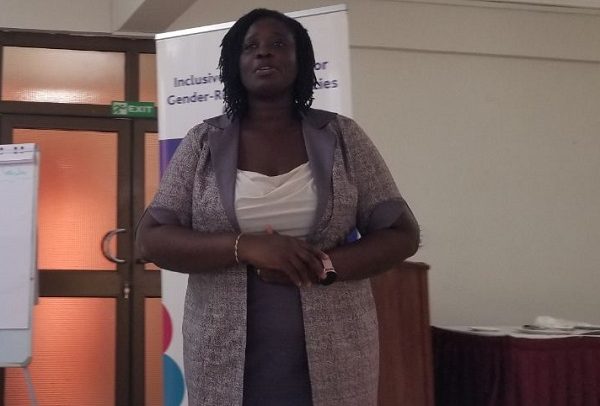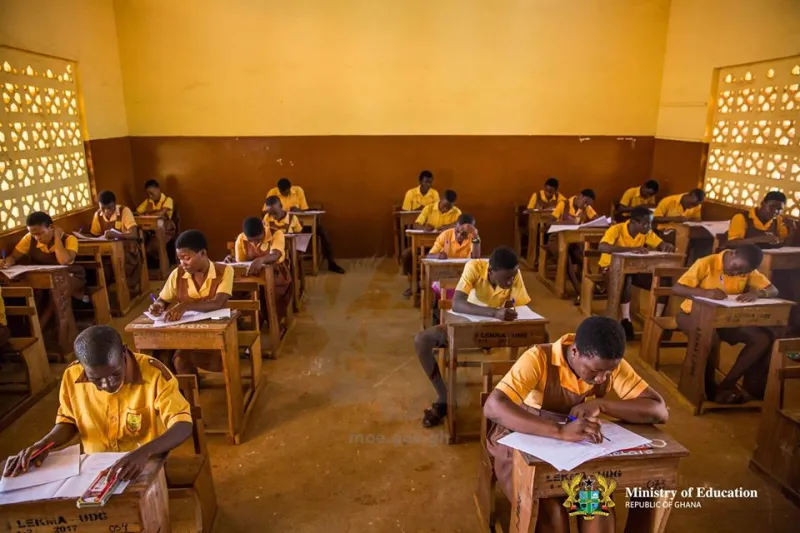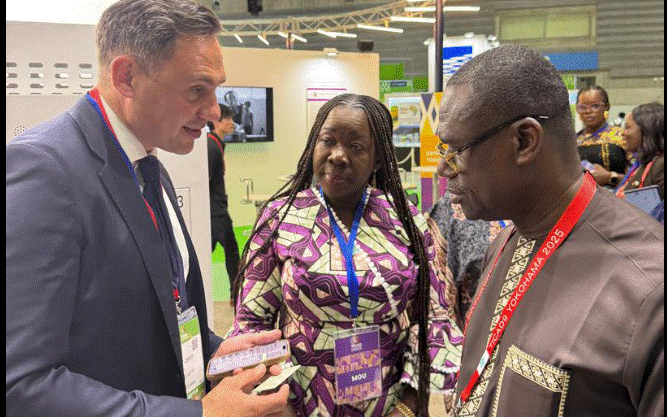
The Planned Parenthood Association of Ghana (PPAG) has organized a training session for journalists on best practices for reporting on Sexual and Gender-Based Violence (SGBV) and Sexual and Reproductive Health and Rights (SRHR).
The training emphasized ethical, gender-sensitive, and transformative storytelling approaches to improve media coverage of these critical issues.
The workshop provided journalists with a comprehensive knowledge for Reporting on Reproductive Health and Rights (RHE) with a Gender Transformative Approach (GTA). This tool aims to ensure that stories are accurate, inclusive, and impactful.
Journalists were encouraged to use inclusive, neutral, and non-stigmatizing language. Instead of restrictive gendered terms, they were advised to adopt broader phrases.
The training also stressed avoiding victim-blaming language, especially when discussing unintended pregnancies, sexually transmitted infections (STIs), or survivors of sexual violence. Sensationalist and moralizing tones were discouraged to ensure balanced and respectful reporting.
Speaking at the training on February 19, Director for Programmes and Service Delivery, Emmanuel Okanta Akoto highlighted the importance of diverse representation in media narratives, “media narratives shape public perception, and it is essential that they reflect the diverse voices and experiences within our society.

By adopting a Gender Transformative Approach (GTA) in reporting on Sexual and Gender-Based Violence (SGBV) and Sexual and Reproductive Health and Rights (SRHR), journalists can challenge stereotypes, promote inclusivity, and drive meaningful change.”
Journalists were urged to include voices from marginalized groups, such as persons with disabilities and young people, to provide a holistic view of reproductive health issues. Additionally, they were encouraged to seek expertise from a wide range of professionals, avoiding reliance on only male policymakers or doctors. Ensuring that women and youth are not just subjects but also sources of expertise was emphasized as a means of shifting gender norms in reporting.
PPAG urged journalists to frame reproductive health as a human rights issue rather than just a personal or cultural matter. Harmful gender norms such as the belief that family planning is solely a woman’s responsibility should be challenged in storytelling. Reporters were also guided to highlight systemic barriers, including policy gaps, healthcare inaccessibility, and societal stigmas, instead of focusing solely on individual choices.
To improve credibility, journalists were encouraged to rely on evidence-based sources, such as medical research, policy documents, and reports from credible sources. Providing context on legal and policy frameworks affecting SRHR was deemed essential. While acknowledging cultural sensitivities, reporters were cautioned against reinforcing harmful norms that may hinder progress in reproductive health advocacy.
One of the most critical aspects of ethical reporting emphasized during the training was the shift from problem-focused to solution-based journalism. Journalists were encouraged to not only highlight challenges but also showcase advocacy efforts, policy reforms, and grassroots initiatives that provide tangible solutions to SGBV and SRHR issues. Engaging with activists, NGOs, and policymakers was recommended to foster constructive dialogue and inspire action.
The PPAG training reinforced the role of journalists as key stakeholders in shaping public perception and policy on reproductive health and rights. By adopting gender-sensitive and transformative reporting techniques, the media can contribute to breaking stigmas, influencing policies, and ensuring that vulnerable groups receive the attention and support they deserve.
This initiative is expected to empower journalists with the knowledge and tools needed to report on SRHR and SGBV more ethically and effectively, ultimately fostering a more informed and inclusive society.
By Deborah Mensah
The post PPAG trains journalists on how to report on gender and sexual reproductive health issues first appeared on 3News.
Read Full Story

















Facebook
Twitter
Pinterest
Instagram
Google+
YouTube
LinkedIn
RSS